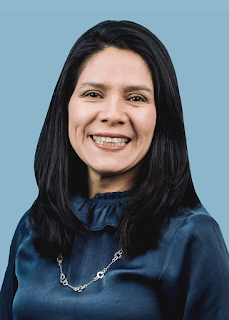Join us each month to expand and enhance your own knowledge plus build on your networks.
Explore as well our Thought Leadership overview
Coming up next!
In this talk, I will share our vision on how future networks can find and exchange semantically-relevant data for such applications as machine-learning. Specifically, I will show how state-of-the art information-centric networks can be extended with novel networking services to enable semantic-based mapping and delivery of context-relevant, not necessarily exact copies, of data.”
Building dense urban mobile networks and the journey beyond 100GHz
6G for Future V2X Communications
Recording available now on the presentation page or on YouTube
Among many emerging vertical industries, connected autonomous vehicles (CAVs) with the aid of vehicle-to-everything (V2X) communication and networking are deemed to transform our travel experience with numerous far-reaching societal and economic benefits. With 5G communication networks rapidly rolling out globally, it is time to ask how 6G will help revolutionize our future V2X communications.
- Introduction to the problem of food wastage and food security around the world
- Brief introduction of AI and machine learning and their advancement
- State-of-the-art of using blockchain and AI/ML in food supply chain and reduction of food wastage
- Introduce FoodSQRBlock and SmartNoshWase frameworks – frameworks using blockchain, AI, IoT and Cloud to digitize food supply chain for easy accessibility and traceability while helping stakeholders in the supply chain to reduce food waste and catering for food security


























